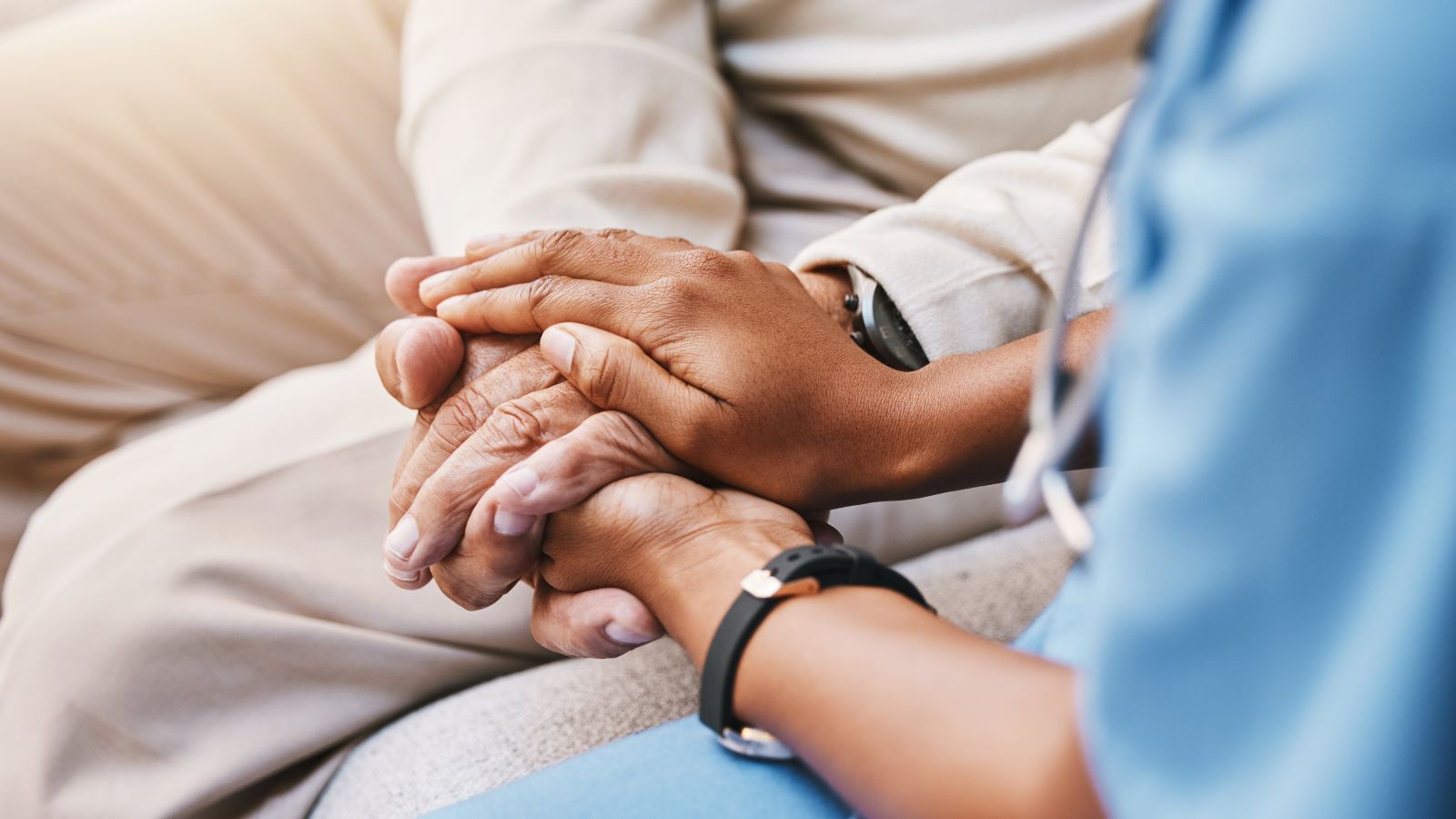<< Back
5 Ways to Deal With Fatigue During Cancer Treatment

January 03, 2025
The fatigue from cancer treatment isn’t just about feeling tired — it’s a deep exhaustion that can’t be fixed with willpower alone. But with the right approach and some small, intentional actions, you can start to feel better.
To get started, we turned to Caitlin McPhelimy, LPC, cancer support services program manager for Hartford HealthCare’s Cancer Institute. She shares practical tips to help you and your support network regain strength and energy, one step at a time.
1. Know that cancer fatigue isn’t just being tired.
Cancer treatment affects every part of you, so it’s no surprise the fatigue can feel unlike anything you’ve experienced before.
This fatigue falls into three areas:
- Medical: Side effects from chemotherapy, immunotherapy, radiation or surgery can take a big toll.
- Physical: Pain, poor nutrition, lack of sleep and muscle weakness can make things feel tiring.
- Emotional: Stress, anxiety and worry about your diagnosis or future can be just as overwhelming as physical exhaustion.
“Cancer fatigue is so different from just feeling tired,” says McPhelimy. “It’s intense, doesn’t necessarily go away with rest and even simple things can feel hard. If you’re feeling this way, you’re not alone— but there are ways to help you feel better.”
> Related: 6 Tips to Get Through Chemotherapy
2. Accept help so you can focus on rest.
If your body needs a break, take it.
“Be kind to yourself and give yourself grace,” says McPhelimy. “Fatigue from treatment can get better, and you’ll feel like yourself again. But for now, it’s important to ask for help.”
Don’t hesitate to lean on friends and family for help with household chores, errands or meal prep. If you need emotional support beyond day-to-day tasks, join a support group or talk with a counselor.
> Related: 10 Questions to Ask When Your Cancer Treatment Ends
3. Add gentle movement to your day.
Moving might be the last thing you want to do right now, but even a little can go a long way.
Start small with low-impact activities like:
“Gentle movement can ease fatigue, lift your mood, improve sleep and boost your overall well-being,” says McPhelimy. “If you’re unsure where to start, talk to your doctor or a physical therapist about an exercise plan that feels right for you.”
4. Nourish your body with the right foods.
What you eat can make a big difference in maintaining your energy during cancer treatment.
Along with staying hydrated, focus on nutrient-packed foods like:
- Fruits and vegetables
- Lean proteins
- Healthy fats
- Whole grains
“For personalized advice, talk to a registered dietitian specializing in oncology care,” adds McPhelimy.
> Related: What to Eat During Cancer Treatment
5. Lean on your healthcare team.
Fatigue during cancer treatment is common – but speak up if something doesn’t feel right.
“Stay connected with your treatment team,” says McPhelimy. “Let them know what you’re experiencing, including your fatigue — no matter how mild or severe it feels. They can’t help if they don’t know.”
And remember, you’re never alone in this.
“Your healthcare team is here for you,” adds McPhelimy. “Beyond your doctors, there are dietitians, physical therapists, counselors and social workers who can support you every step of the way.”